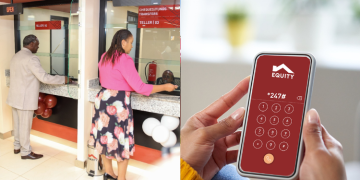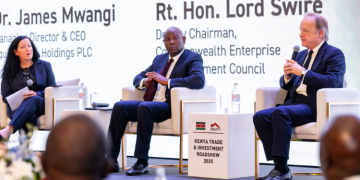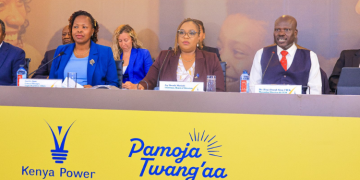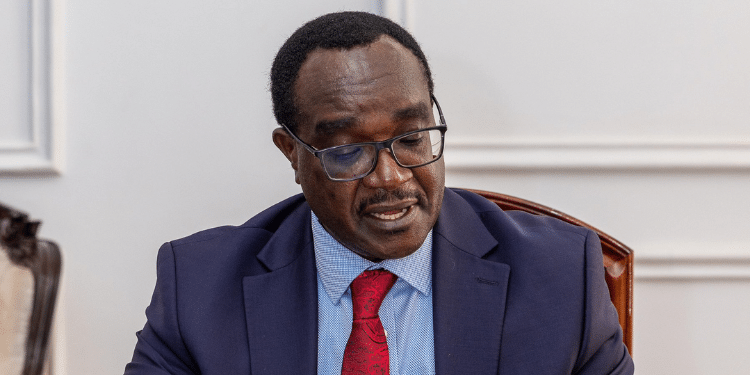The High Court has dealt a major blow to the government over its directive requiring parents to pay school fees through the eCitizen platform.
Justice Chacha Mwita, while delivering the ruling on Tuesday, April 1, declared the move unconstitutional.
He further prohibited the government from enforcing the directive, stating that there was no public participation before its implementation.
The judge also noted that the Ksh50 convenience fee imposed on transactions has no legal basis.
“The directive lacks a legal foundation and was issued without public participation. School fees are not government revenue to be collected through a national platform,” the court ruled.
At the same time, the court questioned the integrity and transparency of the eCitizen platform, noting that it is unclear who collects the funds and where they are deposited.
Court Rules Mandatory School Fees Payment Through eCitizen Unconstitutional
Justice Mwita emphasized that charging parents an additional fee amounts to double taxation.
“It does not make sense for the government to compel citizens to use a platform and then force them to pay to sustain it,” the judge said.
Also Read: University Student Who Murdered Girl During Revision Session Jailed for 25 Years
The case stems from a petition filed by Nakuru-based activist Magare Gikenyi and the Law Society of Kenya (LSK), who had challenged the government’s directive, arguing that the process lacked adequate public participation and stakeholder engagement.
Magare Gikenyi, opined that there is no legislation or framework guiding how the funds are utilized or returned to the end users.
He also questioned the rationale behind the Ksh.50 transaction fee and pointed out that the directive could disadvantage parents who pay fees in kind, such as by providing maize or beans.
The government defended the directive, arguing that the eCitizen platform is constitutional and that the transaction fee was necessary to sustain the system and enhance accountability.
Meanwhile, the court declined to stay its orders for 90 days to allow the respondents to file an appeal.



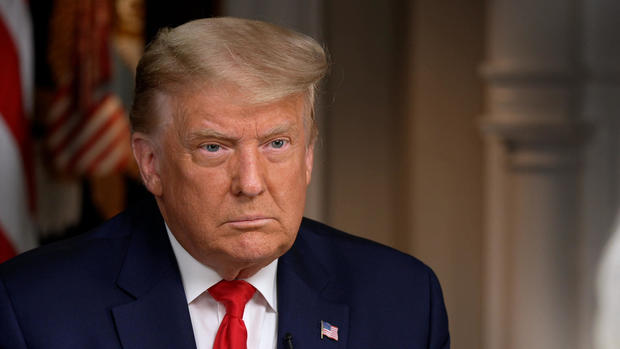

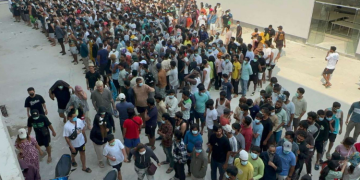




![14 Companies To Be Granted New Mining Licenses By Govt [Full List] Cs Joho Lists 14 Firms Seeking Mining Licences, Kenyans Given 42 Days To Respond]( https://thekenyatimescdn-ese7d3e7ghdnbfa9.z01.azurefd.net/prodimages/uploads/2025/11/Mining-CS-Hassan-Joho-touring-the-Voi-Gemstone-in-Taita-Taveta-County-on-Friday-August-16-2024.-PHOTOJoho-360x180.png)








